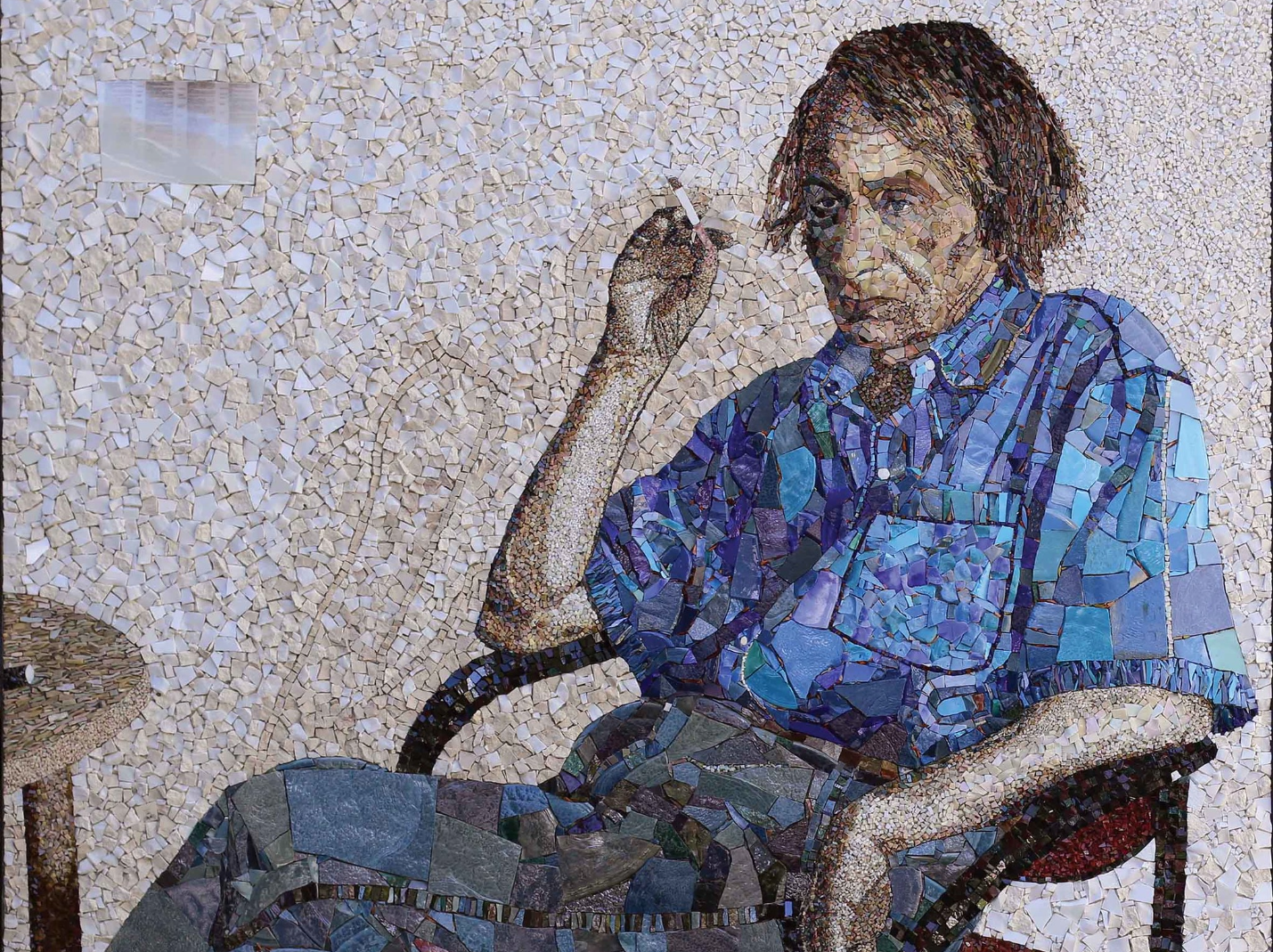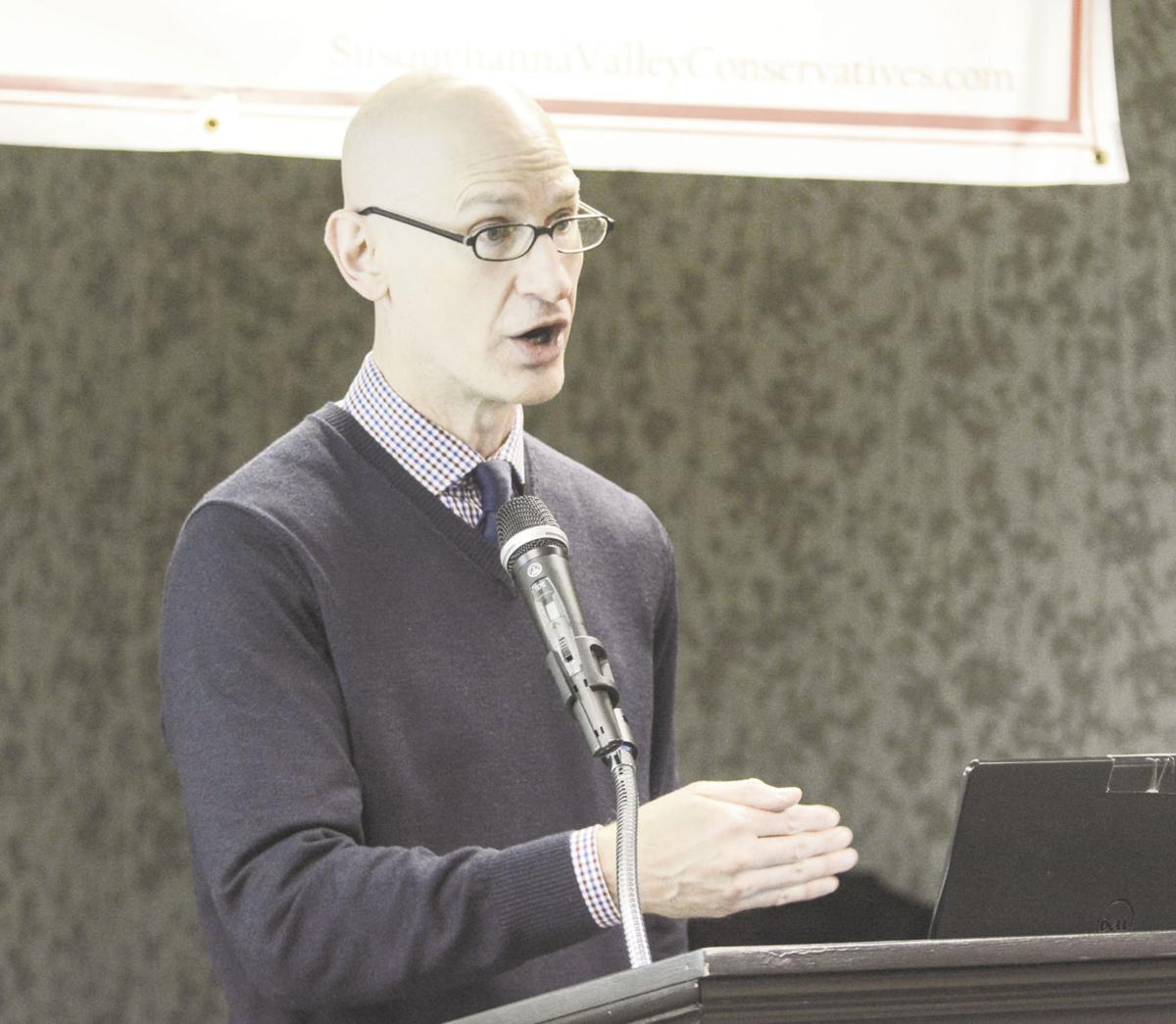
Editor’s Note: The following is an article originally published on All Things Rhapsodical on May 17, 2025. With edits to match Minding the Campus’s style guidelines, it is crossposted here with permission.
This is just up on Chronicles and not paywalled.
Michel Houellebecq is a remarkable figure in literature. He has written a number of excellent novels, dealing with the most eternal and compelling of problems and themes.
I have written a bit about his work over the years, including the second chapter in this early book and the piece appended below, written just before the 2017 presidential election in France, on his 2015 novel Submission. I have also taught his The Possibility of an Island in my religion course on and off for the past decade or so.
He says this is his last novel. I hope that is not true.
Intellectual Submission and the French election
With only a few days to go until what is arguably the most important French election of at least the last half century takes place, Michel Houellebecq’s 2015 book Submission has me reflecting afresh on the very serious nature of the French political dilemma and on the likely trajectory of this election.
The outstanding plot element of the novel has to do with the coming to power of an Islamist government in France, only a few years in the fictional future from the present day. Nearly all discussion of the book since its publication has revolved around this point. But Islam, and even Islamism, is not the target of the novel’s critical fire. It is intellectuals, and especially those of the left, that are in Houellebecq’s crosshairs in Submission, and we should pay close attention to what the book says about them if we want to understand, in the event things go badly next week, precisely how and why they will do so.
It is not impossible that a Muslim Brotherhood party could emerge in France and become a central competitor for national positions in the coming decades. But such a fact could only produce the kind of catastrophic consequences Houellebecq describes on condition that the intellectual dirigeants of the other political parties react to that new political phenomenon in something approaching the comically stupid and ideologically unprincipled way they do in Submission. Houellebecq’s point is rather more frightening than the one his Islamophile critics would have him making. The demographic flooding of France by people who do not share French cultural values is indeed a major problem, but it becomes a potential catastrophe because of the existence of a class of indigenous French intellectuals who refuse on masochistic ideological principle even to ask those immigrants to assimilate, and who act in myriad ways to demonstrate disdain, even hatred for the values of their own culture and an eager willingness to collaborate with those with totalitarian designs so long as they have a utopian vision to offer.
The startling ease with which individuals whose livelihood depends on intellectual performance of a high level can fall into an extreme form of political stupidity and irresponsibility is the most basic message of Houellebecq’s novel. He even suggests that this seeming contradiction is made possible precisely by the intellectual’s obsessive desire to dedicate himself fully to the bloodless abstractions of the intellectual life, and yet also to reap considerable earthly rewards and status from that life. The Mohammed Ben-Abbes regime in Submission dedicates considerable energy to turning the French educational system into a grand network of madrassas that produce docile, believing Muslims. One of the imperatives for accomplishing this task is securing a reliably loyal class of intellectual laborers to teach these Muslim subjects the material of their submission. But how to get significant segments of the existing French intellectual class to buy into the project of a totalitarian Islamic Sorbonne?
[RELATED: Why We Must Save Old French in Universities]
First, flatter them. Speak of them as “dominant males” in the game of social status, as Robert Rediger, the Sorbonne head, does in tempting the narrator back to a teaching position. Then pay them handsomely, a lure made possible by generous Saudi injections of funding into the new regime. Give them other material perks as well, and especially those promised generally to successful males in an Islamic culture: multiple wives. In a telling exchange, Rediger informs the narrator that he has divined the essential question an intellectual must answer in deciding whether he can make the religious conversion necessary for an Islamic Sorbonne lectureship. While intellectuals play at an interest in the nature of the universe, God, and other grand subjects, their real interest, according to Rediger, is how many wives they may reasonably have. Finally, if you will just provide the intellectuals a charming, clever political leader, a sophisticated alpha who is able to mercilessly dominate opponents while presenting himself strategically as representing nothing new or contrary to tradition, and thereby ingeniously tranquilizing and outflanking naïve opponents, it is in their deepest sycophantic nature to reward that dictator with fawning admiration. It is almost as though some intellectuals cannot help but fall under the spell of such men, not in spite of their commitments to abstract reason and independence of thought, but precisely because those commitments are nothing more than dissimulated games of status-seeking they play only because they are denied other, more direct methods for self-assertion. Their deepest desire is to be Ben-Abbes. But since they cannot have this, they will at least admiringly align themselves with the dictator, and do what they can to aid him in consolidating his power, and they will thereby signal their own importance through the proxy of their patron.
The list of such intellectuals who aligned themselves with the various totalitarian, murderous thug regimes of the 20th century, and personally profited in so doing, is long and distinguished. Too many intellectuals harbor dark secrets that only come into the light when a Ben-Abbes appears and offers them favors in exchange for their service. Rediger’s worshipful paean to Ben-Abbes’ political skills culminates in a telling revelation. He ultimately justifies his allegiance to his political master because he sees him, aided by the money of his Arab allies, as an agent who will push the French language forward as an international competitor to English. So the Islamist dictatorship, the ruin of the political project of the French Revolution, the subjugation of French women, the transformation of the entirety of Western culture and politics that might be set in motion by the fall of democratic France, these are all legitimated by the self-absorbed, abstract, bookish concerns of a French literary scholar. Totalitarianism achieves its intellectual base, finally, because of the baseness of the intellectuals.
Rediger is described as a man of the right even prior to his conversion to Islam and his ascent to professorial majesty under Ben-Abbes, but it is ultimately the intellectuals of the secular and internationalist left who come under Houellebecq’s most withering fire. It is, after all, the Socialist Party and their highly educated leadership, convinced of their own superior political savoir-faire and strategic genius, that enter into alliance with Ben-Abbes after the first round of elections in order to stop the election of the nationalists, only to be cunningly and ruthlessly outmaneuvered by the Islamists. To the left intellectuals, anything, even a theocratic dictatorship, is preferable to a government that would defend France for the French.
This idea, that a significant portion of the intellectual classes might so despise the cultural origins of their own society that they would willingly help to install and support a malign, dictatorial, culturally anti-French governing power with mendacious claims to represent ‘the oppressed classes’ in order to crush the patriotic culture of their countrymen should give us all pause. The likely scenario in next week’s first round vote is Marine Le Pen and Emmanuel Macron advancing to the second round. On the single issue that has most to do with the future of France, mass immigration and cultural assimilation, Le Pen wants to save historical France while Macron wants more of the same disastrous policy that the French have followed now for decades, filling ghettos with uneducable, unassimilable Muslim youth who hate France and would happily help push it into the sea. How will the French intellectual class react to this stark choice? Houellebecq suggests an answer, and the outcome, while not (yet) as dire as the scenario in Submission, will be traumatic in the extreme for France.
Explore our Minding the World column for insights on higher education worldwide, offering news, op-eds, and analysis.
Image: “Mosaïque de Michel Houellebecq” by ActuaLitté on Flickr
